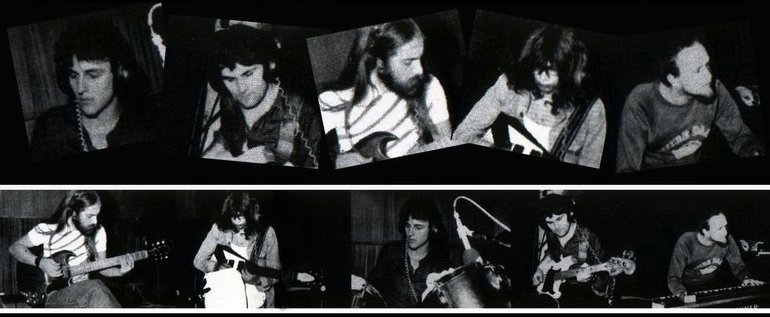I want my story about Yugo-prog to start with a short-lived band Dogovor iz 1984. ("Agreement from 1804.") The band was founded in November 1968, in Belgrade; line-up were Nebojša Ignjatovic (vocal, guitar), guitarist and flutist Aleksandar Stajić (guitar and flute), Robert Nemeček (bass), Dejan Vasiljević (double bass), Stevan Milutinović (drums) and Aleksandar (sitar and tabla). They played their own songs based on musical experiences of different cultures. The band released only one but for Yugo-prog worthy 4-track EP Krug ("Circle") in 1969, when the band took a part at the Youth Festival in Subotica in 1969, and at the Belgrade Guitar Festival 1969.
Their song "Sećanje na san ("Remembering the Dream") was released along with other artists on live album Gitarijada 1969 ("Guitar Festival 1969") released on Belgrade Disc records. The song was re-released on the compilation CD YU Retrospektiva - progresivna muzika ("YU Retrospective - progressive music") (Komuna records, Belgrade 1994).
Тhe band were split in early spring of 1970.




 Reply With Quote
Reply With Quote




















Bookmarks